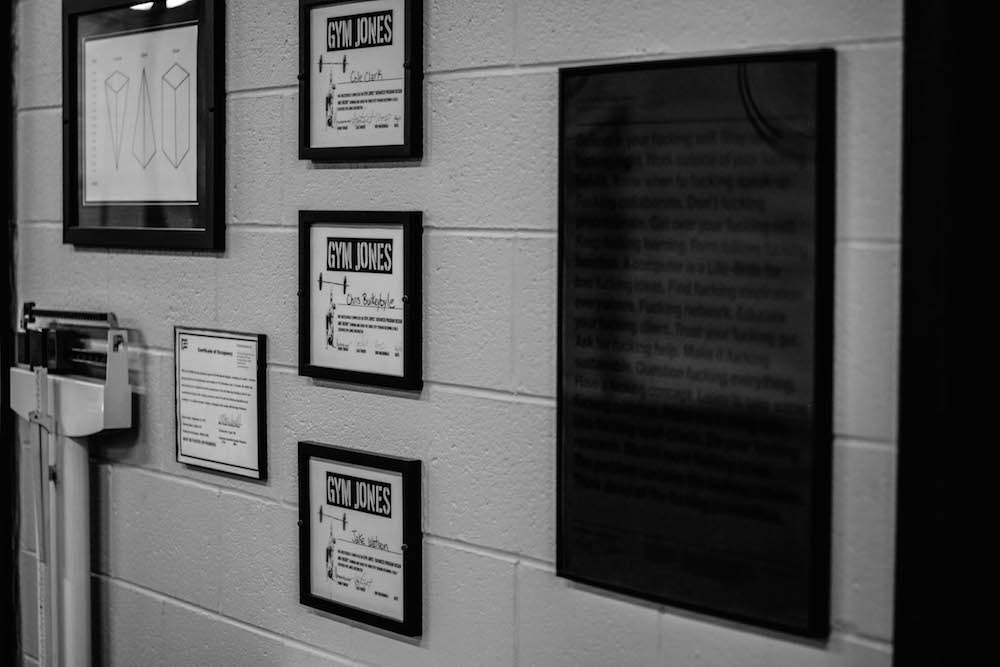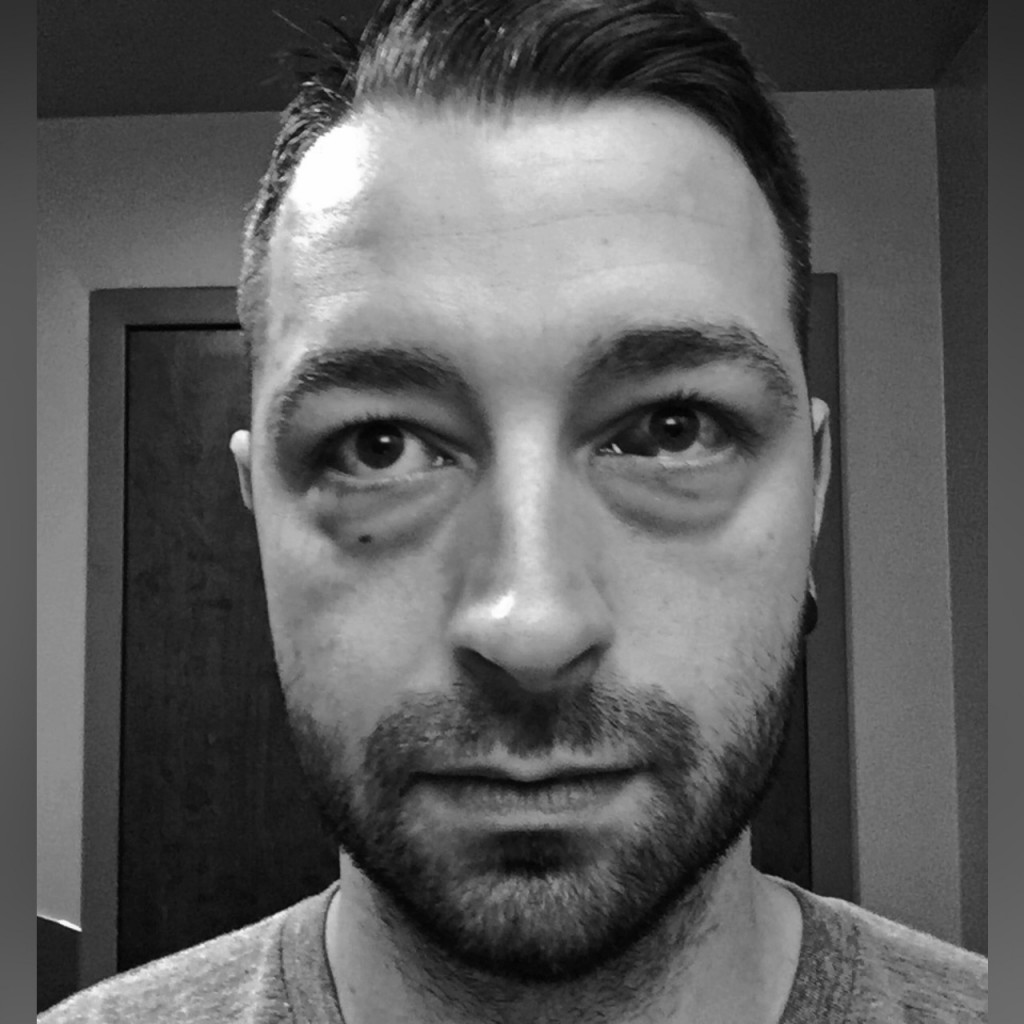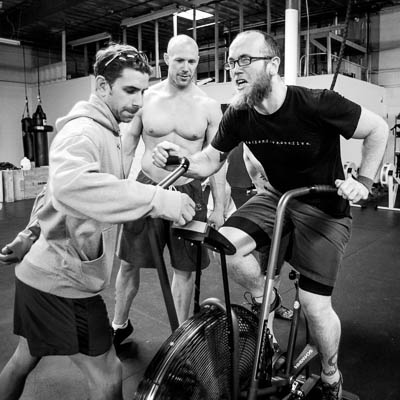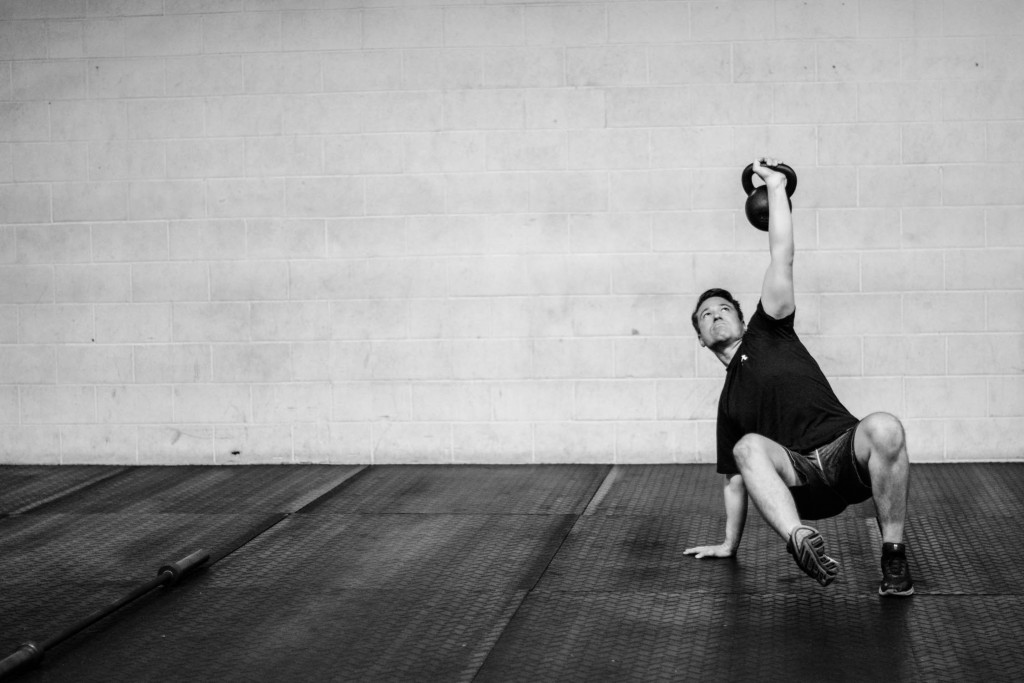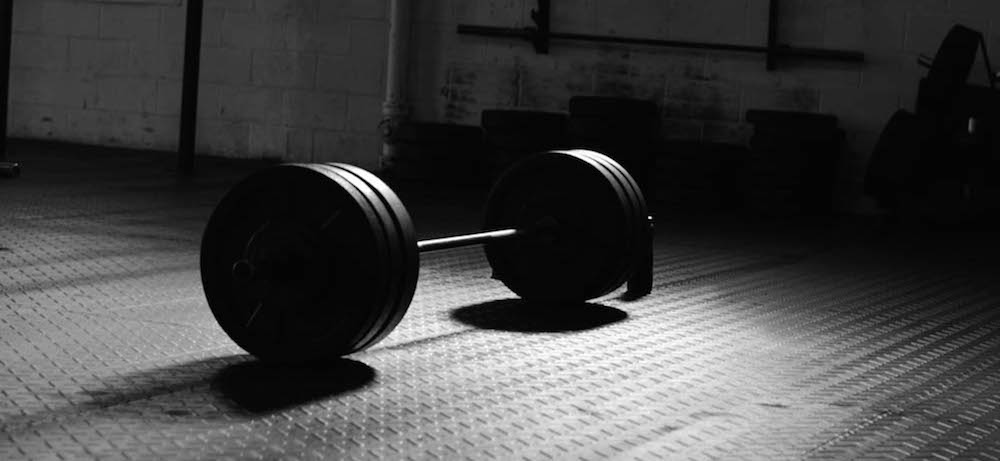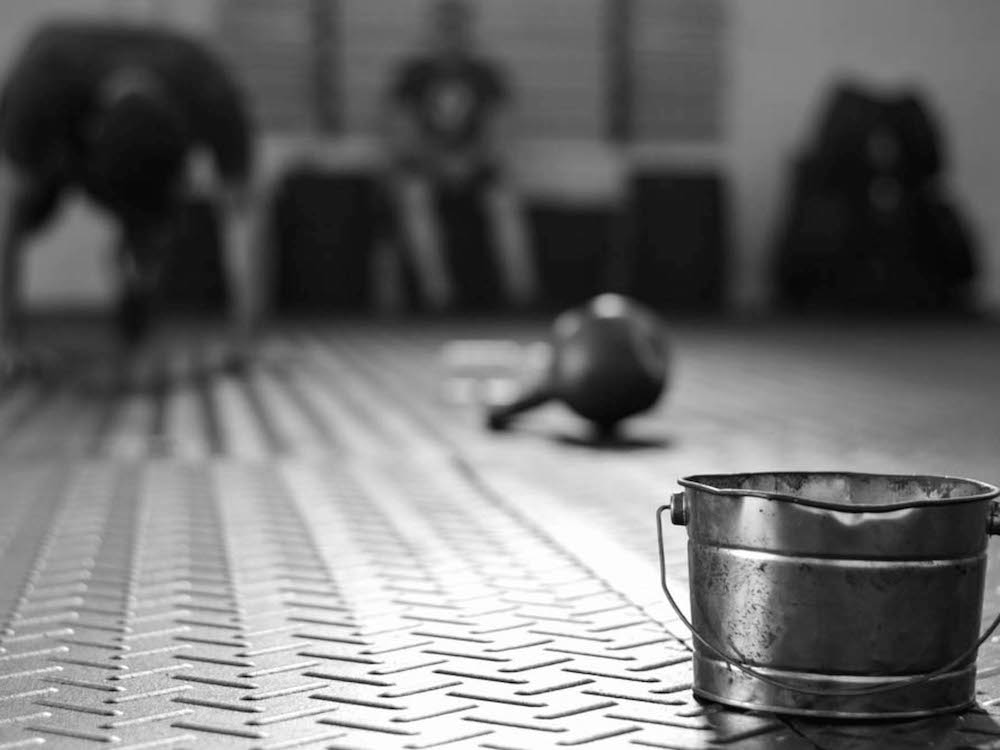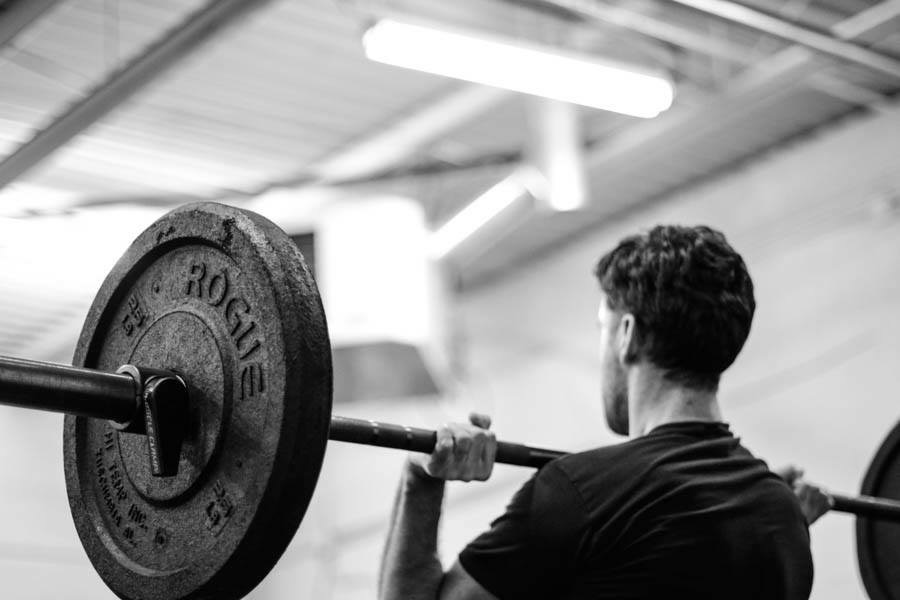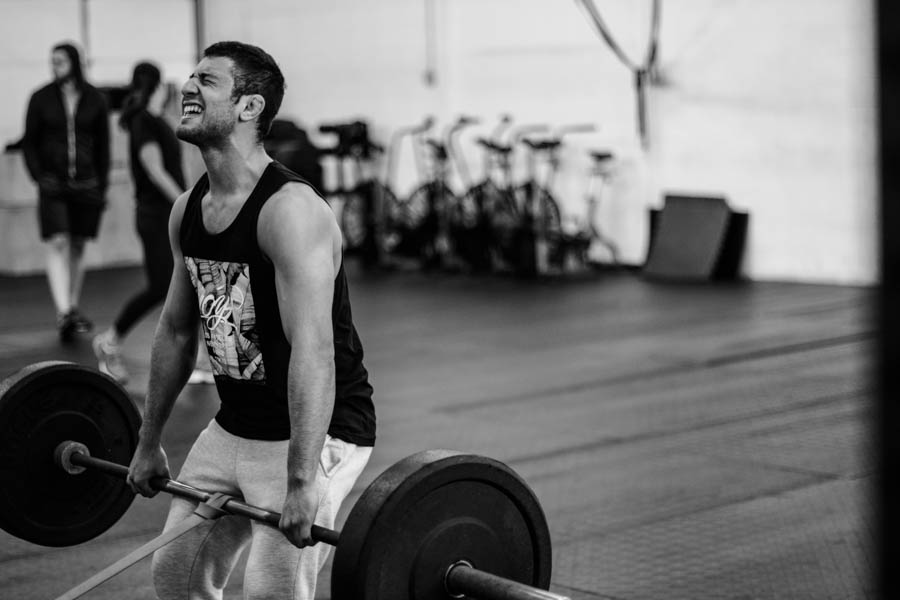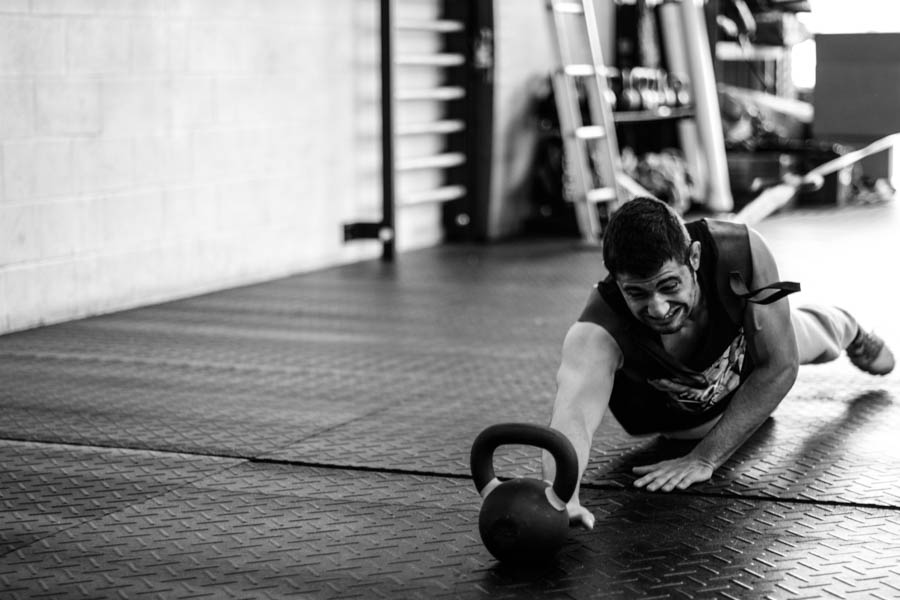the more i do this the more it seems that communication is a greater issue than knowledge. the mechanics of change are relatively simple: expose. adapt. refine. making a body change is just a matter of pressure and time – the problem starts with identifying which changes you want to make, are compounded by deciphering which exposures will cause the desired adaption, and then on top of it all we have to convince the individual (our self or others) to apply the correct pressure for the correct amount of time… its easy to see how the whole system can break down.
i have said it before – ultimately i believe training is about control. it is about facing the facts about where we are today and making the decision to become something different. it is an exercise in problem solving. in directed growth. the mental parallels are hard to avoid – so much so that i generally think of our process as a mental one with physical side effects. workouts are prescriptions of sorts – meant to add certain elements to an individuals stress profile – their bodies “to do” list – and coupled with appropriate recovery we begin to shape the athlete. to become sculptors of sorts, adding and subtracting as we see fit – working raw material into something closer to the agent we wish to be.
the key here is the idea of prescribed stress. this is where modern times has actually made the communication part more difficult – we are so used to broadcast media. the same information for everybody – and if we were all starting from the same place than maybe that would be useful, but most of us have history. we have injuries and imbalances and all sorts of emotional hangups about food and failure and countless other things. i heard a very intelligent coach claiming that goblet squats are useless – and for certain athletes i can see his point – but the problem is he wasn’t speaking to just certain athletes, or at least more than just those athletes were listening. the simplest rule – the prime directive: find the problem – fix the problem. the tool isn’t the important part, the weight isn’t even the important part – the signal is. the why. our goal is change. is movement. broadcast communication fails because we don’t know the listener – we cant see where they are or where they want to go. in the most basic of terms, without that knowledge we have no relevance.
there is so much going on, our bodies have so many avenues of adaption – muscular strength, technical form, CNS recruitment, general acceptance of risk… for most of us we are constantly adjusting multiple variables, clumsily nudging the dials hoping to accomplish a task – and it works. at first. when you are far enough from the goal movement in a generally better direction is perfectly acceptable, even necessary to understand the raw material with which you are working. the thing is that along the way we tend to only see what we know to look for – we pick up bad habits to go with our progress, we develop wrong thinking and because “it worked for us before” we give it almost magical significance, when perhaps the fact that it worked for us before means that it will offer diminishing returns now, or even worse – hamper further progress.
intelligent work is about first exposing weakness. asking questions. it is about understanding why we did not go further. what was the lynchpin? what broke first? was i not strong enough? mental or physically? not flexible enough? mental or physically? did my technique fail? why? fatigue? concentration? stabilization? it is why we focus so much on failure and on learning from it. our goal is often to isolate the worst moments – to hold that place – to make it clear on a cellular level what and where the weak link is, and to show our bodies how to deal with that fact. it is the same thing we as instructors try to offer to our students – to wade into that place with them – dark and uncomfortable and uncertain – to grab them by the hand, and to walk out together.
that part is where i see a lot of training advice fall down, because ultimately this is a social science – it is the art of manipulation. it is about sets and reps and stress and leverage, but it is also about trust and honesty, about friendship and leadership. about threats and promises and little white lies. it is about filters, and the responsibility that comes along with employing them. above all it is about not believing your own bullshit. the most difficult thing in the world is to convince someone of something that they have not experienced. my job as a trainer is to get to know a person, to understand what they have experienced, how they see the world – to extrapolate how that vision has shaped them, what mark it has left physically and psychologically, and to develop and execute a plan that will bring the client closer to their goal. to function this plan must move in stages, must start in some sort of familiar place – i have to adopt their language, reframe my plan as their own – convince them that they already agree with me. regardless of our age, we deal with new thing the way we always have – think of childhood, adolescence, and adulthood. blind refusal, blind acceptance, challenge, and nuance. the thing is that social media filters and answer shopping allows individuals to exist as perpetual teenagers – after all, nuance is complicated, time consuming, and hard to sell. it is so much more desirable to accept pre-packaged solutions, and there is no shortage of those, and if one doesn’t work I’m sure there is another waiting on the shelves. the reason i am trying to explain this is to accelerate peoples growth – most of the stages of learning are unavoidable, but a good teacher can provide the tools to minimize the damage and time wasted by some of these lessons. there is also the undeniable fact that i am using those same manipulation tools – that in essence, i am selling a competing product. manipulation is what i do, i will never lie about that – my goal is just to give those tools the proper respect, and to earn the trust i am given by providing results.
results. individual results. goal oriented results. whatever that goal may be. because in the grand scheme of things, the gym doesn’t matter. it is just a game. a tool. we can afford to fail a thousand times for each success. it is a science experiment. the accumulation of data. refinement of a system. we control the variables, we set up the pins and knock them down. add and subtract things. fine tune. edit. our brains love linear progress so that is what we give it. we add in variation to maintain engagement. medicine is only useful if we take it – so we filter and dissect and give ourselves tasks and information in digestible chunks. the right amount, in the right place, at the right time. flavored accordingly to get a desired response. to make it useful. because above all that is the measure. usefulness. function. the ability to employ the new information. to better achieve a task. this game is a microcosm. it teaches us about how we work and how we think. we learn which levers to pull – how to manipulate ourselves towards the ends we chose. but more importantly – through it all, through the diligence and attention, through the dedication and appropriate acceptance of stress – we learn how (and why) to change.
associations. reminders. measurements. motivation.
cultivate your environment. choose what to reinforce, and what to cut loose – decide who and what you want to be, and above all: take action.

